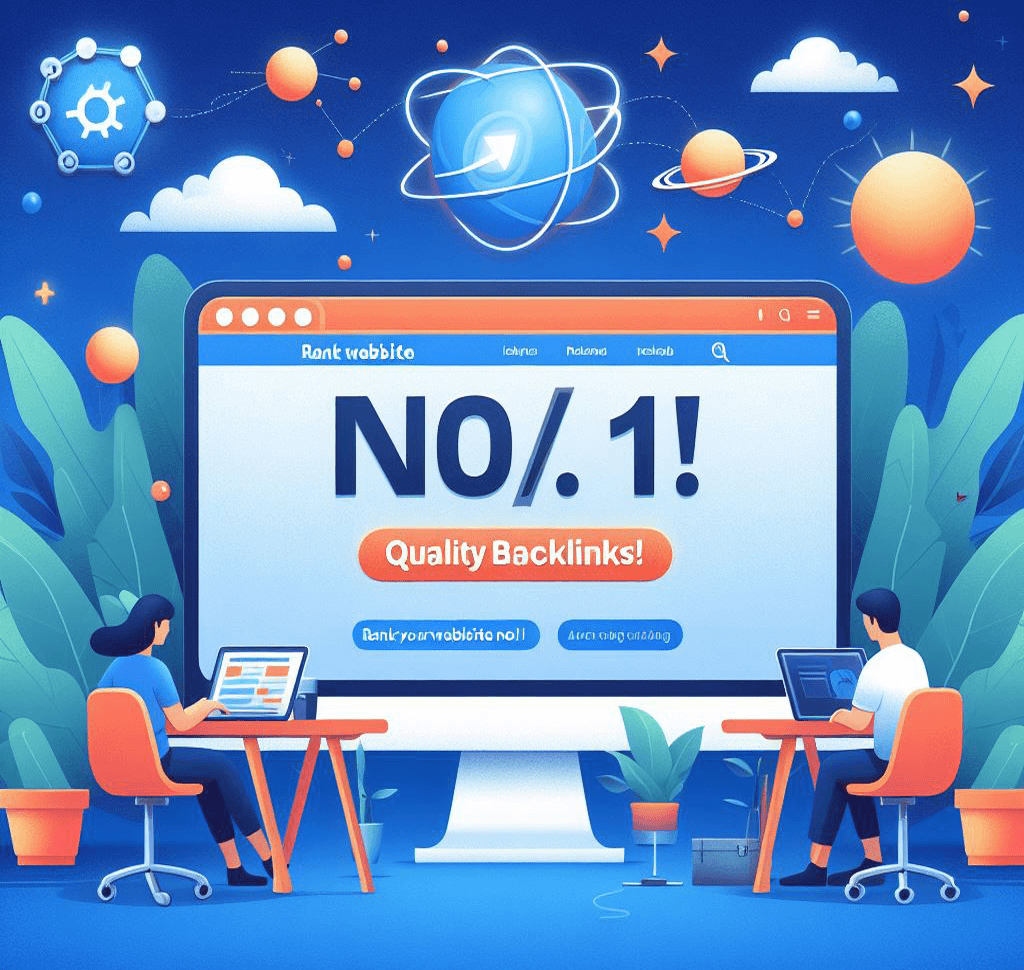Introduction
Are you an aspiring developer looking to learn a powerful programming language? Look no further than C! C is a versatile and widely-used language that forms the foundation for many other programming languages. In this primer, we will guide you through the basics of C and help you get started on your journey to becoming a proficient C developer.
Why Learn C?
C has been around for several decades and continues to be a popular choice among developers for a variety of reasons:
- Efficiency: C allows for low-level programming and direct access to hardware, making it highly efficient and suitable for systems programming.
- Portability: C code can be compiled to run on different platforms, making it a versatile language that can be used for cross-platform development.
- Scalability: C is a powerful language that can handle large-scale projects and complex algorithms.
- Foundation for other languages: Many popular programming languages, such as C++, Java, and Python, are built on top of C. Learning C will provide you with a strong foundation for learning these languages.
Setting Up Your Development Environment
Before you can start coding in C, you need to set up your development environment. Here are the steps to get started:
- Choose a text editor or an integrated development environment (IDE): You can write C code in a simple text editor like Notepad or choose a more feature-rich IDE like Visual Studio or Eclipse.
- Install a C compiler: A compiler is needed to translate your C code into machine-readable instructions. Some popular C compilers include GCC (GNU Compiler Collection) and Clang.
- Configure your compiler: Depending on the compiler you choose, you may need to configure it to work with your development environment. Follow the instructions provided by the compiler’s documentation.
Basic Syntax and Concepts
Now that you have your development environment set up, let’s dive into the basic syntax and concepts of C:
- Variables: In C, you need to declare variables before you can use them. Variables can store different types of data, such as integers, floating-point numbers, and characters.
- Data types: C provides various data types, including int, float, char, and double, among others. Each data type has a specific range and precision.
- Control structures: C supports control structures like if-else statements, loops (for, while, and do-while), and switch statements, which allow you to control the flow of your program.
- Functions: Functions are blocks of code that perform specific tasks. In C, you can define your own functions or use built-in functions from libraries.
- Pointers: Pointers are variables that store memory addresses. They are widely used in C for tasks like dynamic memory allocation and efficient manipulation of data.
Resources for Learning C
Learning C can be a challenging but rewarding experience. Here are some resources to help you get started:
- Online tutorials: There are many online tutorials and courses available that cover the basics of C programming. Websites like Codecademy, Coursera, and Udemy offer comprehensive C programming courses.
- Books: There are numerous books available on C programming, ranging from beginner-friendly introductions to in-depth references. Some popular titles include “The C Programming Language” by Brian Kernighan and Dennis Ritchie and “C Programming Absolute Beginner’s Guide” by Greg Perry and Dean Miller.
- Community forums: Joining online forums and communities dedicated to C programming can provide you with valuable insights and guidance from experienced developers.
Conclusion
C is a powerful programming language that offers efficiency, portability, and scalability. By learning C, you will gain a strong foundation for other programming languages and open up opportunities for systems programming and low-level development. Set up your development environment, familiarize yourself with the basic syntax and concepts, and explore the available resources to embark on your journey to becoming a proficient C developer. Happy coding!



